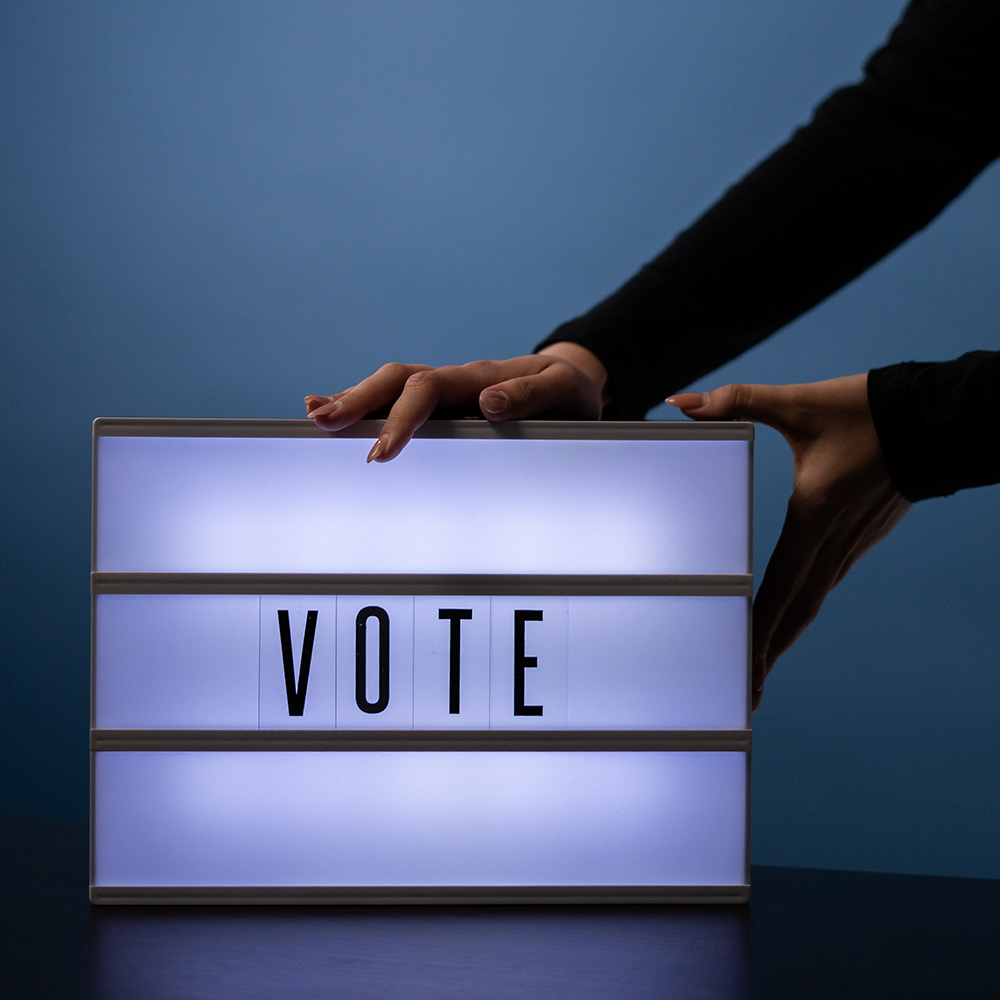Moderators, It’s Not About You
Viewers anticipating the traditional presidential debate format will be in for a surprise as Presidents Biden and Trump opted not to participate in the debates proposed by the Commission on Presidential Debates. This year’s presidential debates will be hosted by CNN and ABC News.
One criticism that I’ve had about primary and general election debates in recent elections involves the TV journalist moderators. Too often, they annoyingly interject when candidates are trying to finish a thought. Routinely, they stop good exchanges between the candidates.
Sometimes they even function as a candidate. Who can forget when CNN’s Candy Crowley morphed from moderator to contestant in the 2012 presidential debates, joining President Obama in ganging up on Mitt Romney (who happened to be right) on Russia.
Moderators should ensure that the candidates roughly have equal time, and step in to restore decorum when the occasion calls. Otherwise, they should be neither seen nor heard.
Ditch the “Fact Checking”
In recent years, presidential debates have devolved into “fact checking” festivals.
Candidate x is wrong and candidate y advises that if you go their website, you can read a real-time fact check on why x is wrong. Candidates x and y make statements about a policy accomplishment or proposal and the moderator then subjects them to a “real time fact check” calling them out for being supposedly misleading or untruthful about their statements.
Despite attempts to “keep them honest” or “hold their feet to the fire,” these moments are theatrics that don’t serve to inform the voters. Candidate x believes everything candidate y says is wrong or a “lie,” so their fact checks should be dismissed as partisan statements. While they believe they speak with the authority, media “fact checkers” present their own point of view in their fact checks that is neither independent nor nonpartisan.
Viewers would be wise to tune out any statement that begins, “fact checkers say . . .”
Don’t Invite “Human Props”
Regular listeners to PRI’s “Next Round” podcast will know my disdain for “human props” brought out by presidents of both parties during the State of the Union address. They’re even more annoying during presidential debates.
It’s become tradition of late that at least one of the presidential debates should be a “town hall” meeting, with questioners pre-screened by the organizers to be representative of all Americans taking their turns at the microphone. In other debates, so-called regular Americans ask their questions via social media or video script.
I don’t want to hear the “pony tail guy” from the 1992 debates who thought voters were symbolically the children of the future president or America’s most famous red sweater model Ken Bone from the 2016 debates hogging the camera. I want to hear the presidential candidates themselves debating with one another on the key policy questions of our time.
As the candidates prepare their zingers and snappy one-liners and the media moderators get ready for their closeups, viewers would be wise to get their debate watch drinking games ready
(“Sleepy Joe!” Drink! “He’s a Convicted Felon!” Drink! “Here’s a fact check!” Drink!)
For the best analysis, be sure to catch the next episode of PRI’s “Next Round” podcast dropping this Friday to hear what our team of former speechwriters – Rowena Itchon, Lance Izumi and yours truly – has to say about the first presidential debate.
Tim Anaya is the Pacific Research Institute’s vice president of marketing and communications


